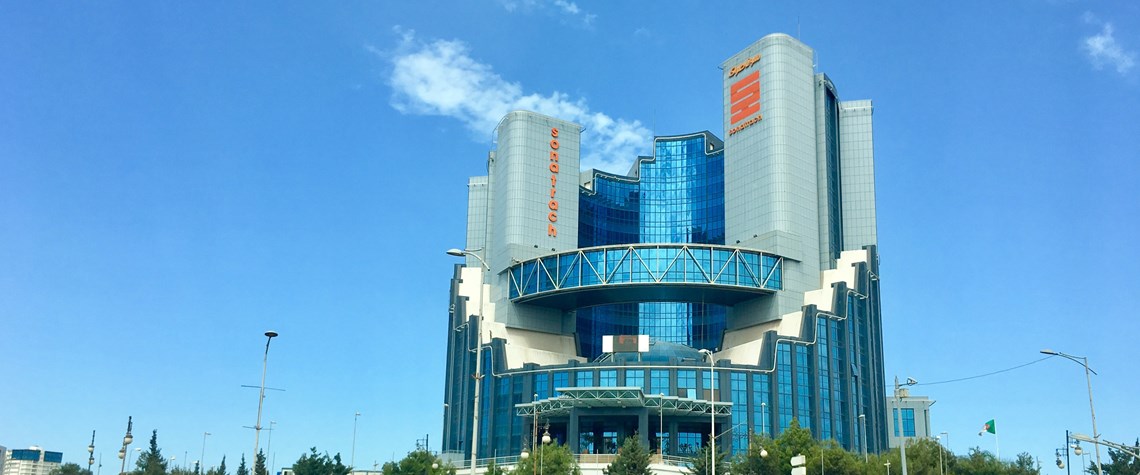Sonatrach faces a twin challenge in gas, as it does in oil, of aiming to maximise its exports while also meeting an ever-growing domestic demand.
The firm's CEO Rachid Hachichi, appointed in April, spoke to Petroleum Economist on how the firm plans to achieve both ambitions.
What are the prospects for increased Algerian LNG exports in the coming years?
Hachichi: Sonatrach has been a pioneer in the LNG industry, which offers us today a competitive advantage in terms of flexibility in our natural market in Europe and gives us a way to value our gas in distant markets that offer arbitrage opportunities.
Our current pipelines and LNG capacities, which total almost 100bn m³, can support our production volumes while offering us a valuable tool to secure our deliveries and to better monetise our gas.
Our future LNG projects will be heavily dependent on our new production capacities, particularly from new resources.
Recently, domestic gas demand increased to half of Algeria's total production. How is Sonatrach balancing increasing domestic energy demand with maintaining and even growing its export volumes?
Hachichi: Sonatrach has two missions and cannot fail in either: to ensure energy supplies for the national market on one hand, but also to ensure the development of hydrocarbons by exporting them on international markets on the other.
To support our objective of increasing our exports, we are working on several initiatives such as developing energy trading, increasing the capacity of our export infrastructure like the Medgaz gas pipeline to Spain, and building a new LNG jetty in Skikda.
However, we do not forget the need to meet the growing national demand. To meet this, we are working on two dimensions: increasing the number of fields and making better use of existing ones.
The increase in new field discoveries is part of the improvement in the performance of the exploration strategy and should make it possible to increase the number and the volume of discoveries. As far as the existing system is concerned, we are currently working to better mobilise our reserves and improve our performance in drilling, wells and volumes. Our reserves will therefore be preserved and both the local and international markets will be supplied.
Sonatrach has in recent years extended its European gas sales arrangements. Was there any substantial move away from oil-linked pricing to European hub pricing, and was this done in return for reduced volume flexibility?
Hachichi: Since last year, Sonatrach renewed its gas contracts with [Spain's] Naturgy, [Portugal's] Galp, [Tukey's] Botas, and [Italy's] Eni and Enel, and other announcements will come in the forthcoming months.
As you are aware, a gas contract is not only a question of pricing, it is a set of parameters—amongst them long term security of supply, seasonal flexibility, short term flexibility, and level of take or pay that all of our clients appreciate. Hub-based pricing does not offer this set of services. So, all in all, we think that Sonatrach continues to offer a balanced set of services in its long-term gas contracts, pricing being only one element.








Comments